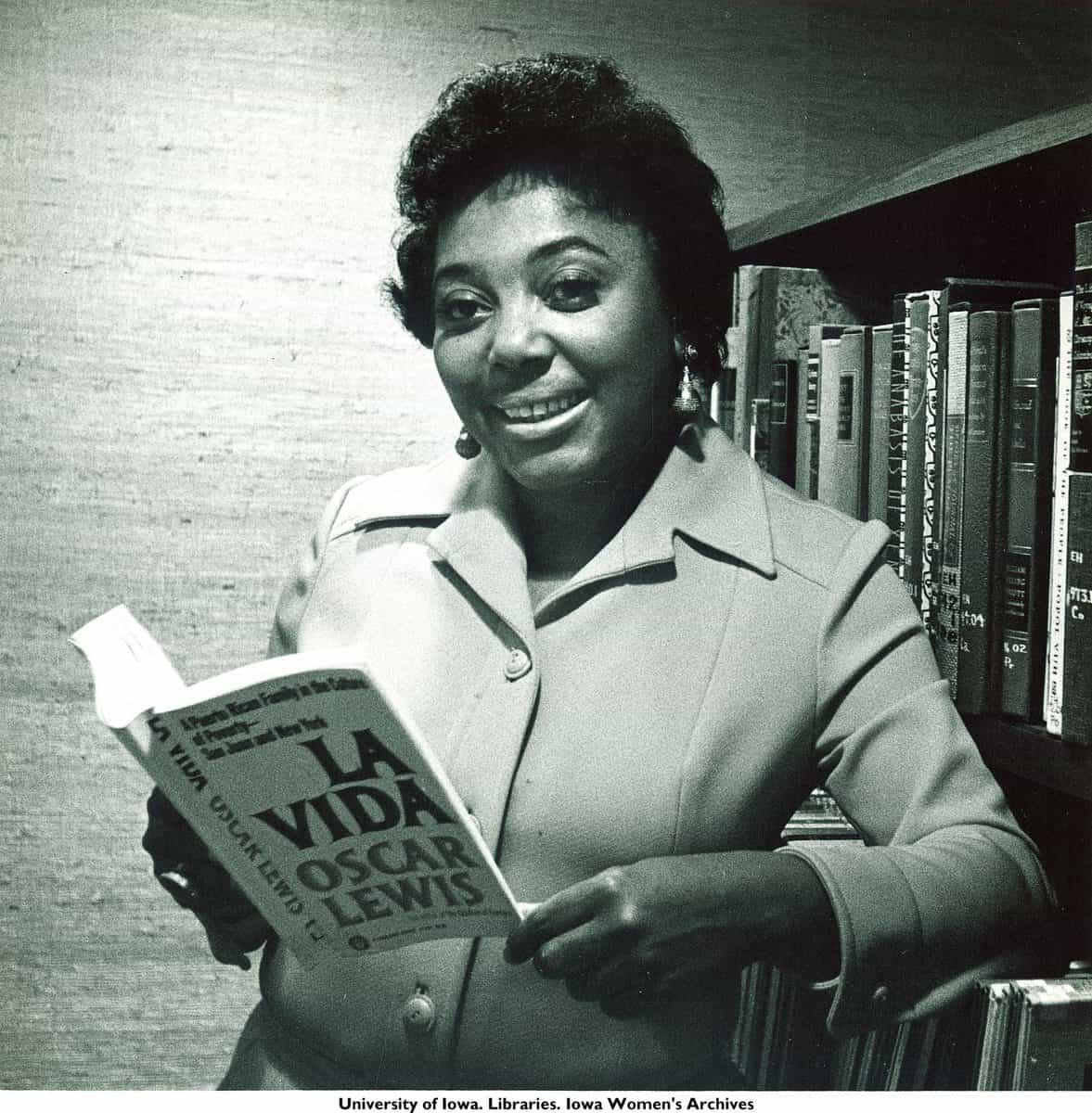This post by IWA Student Specialist, Erik Henderson, is the sixth installment in our series highlighting African American history in the Iowa Women’s Archives collections. The series ran weekly during Black History Month, and will continue monthly for the remainder of 2020. Has anyone told you, you were going to be great in your youth?Continue reading “Esther Walls: The Role of a Black Leader”
